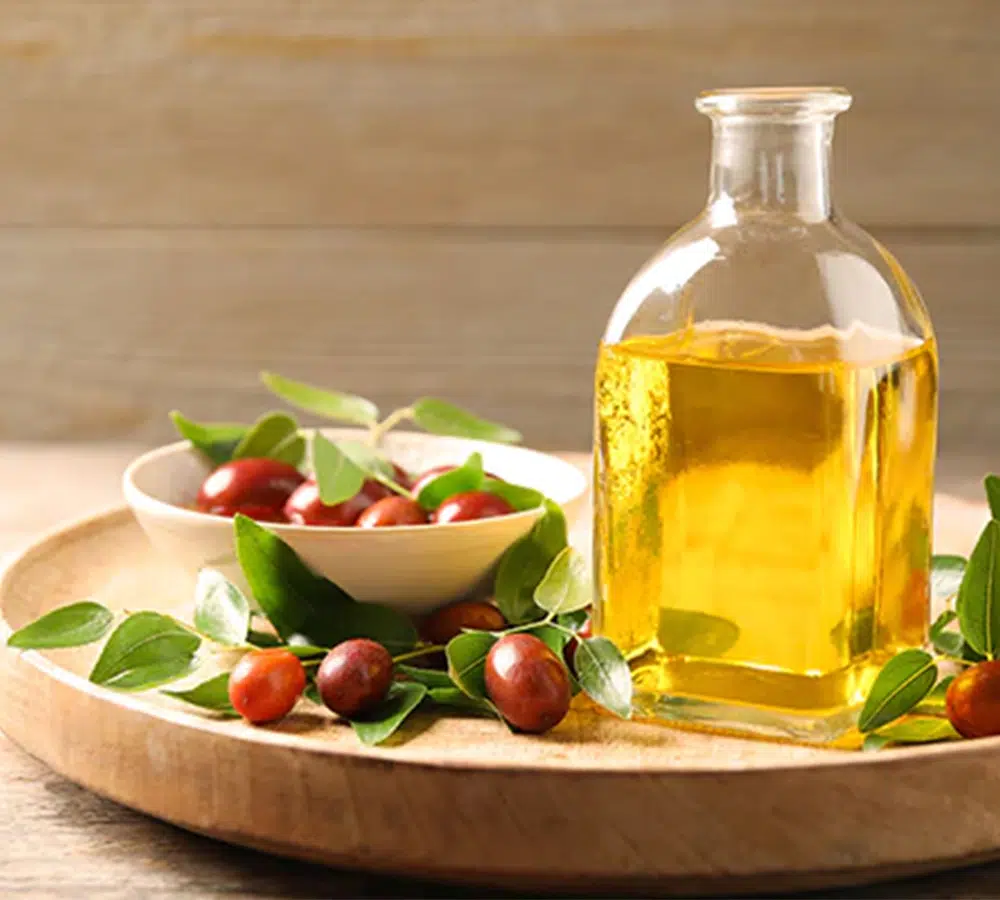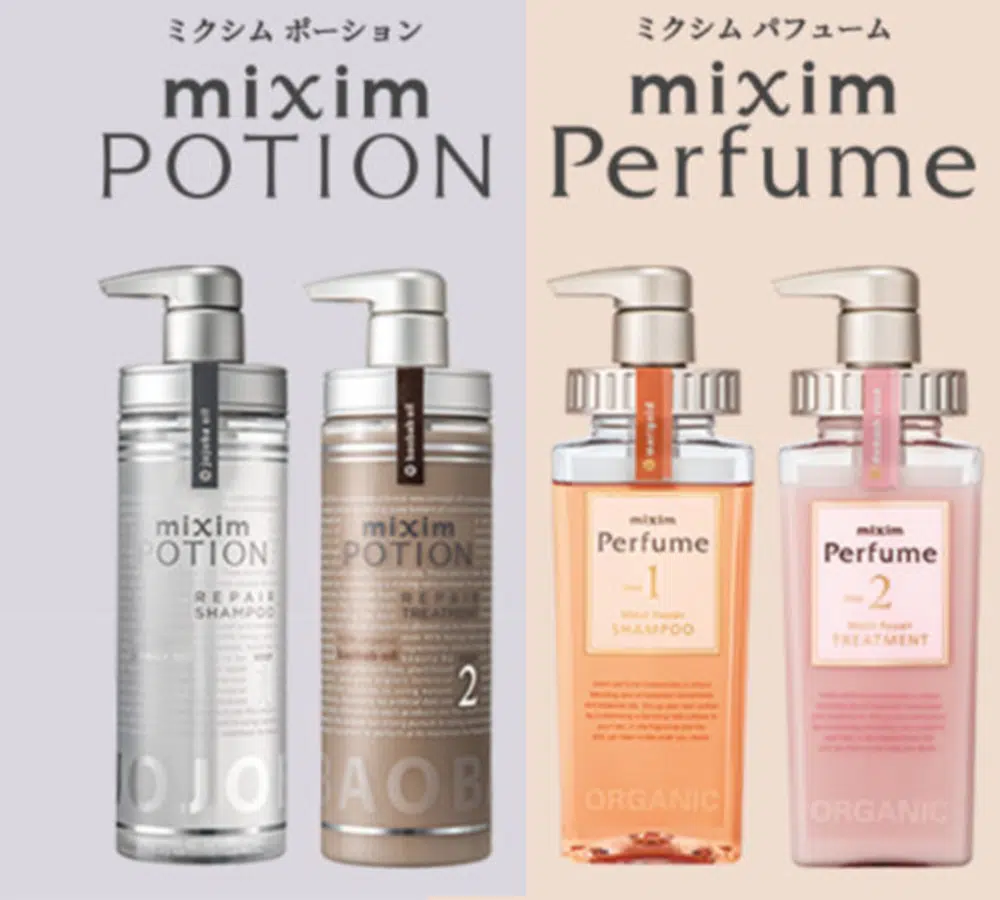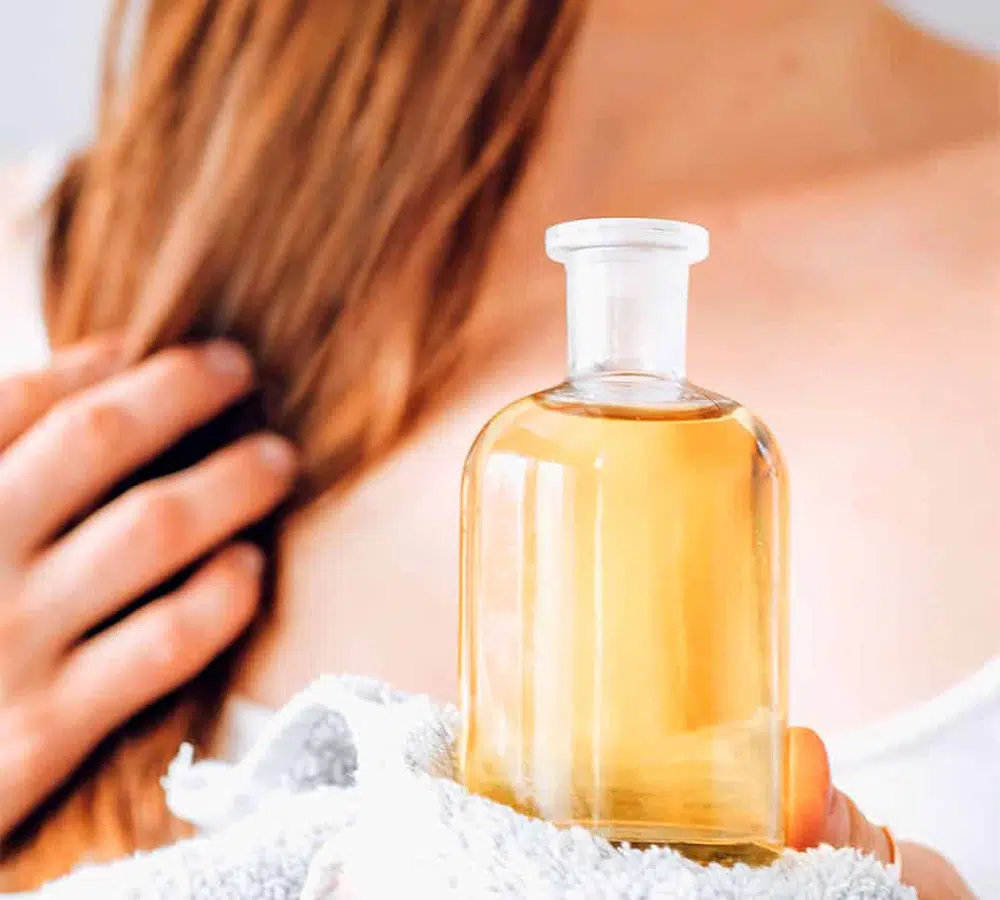
As the only liquid wax ester of plant origin in the world, jojoba oil continues to expand its potential in the personal care industry.
As various brands increase their investment, the concept of clean beauty is blooming in the Chinese market. In the past 12 months, its Internet volume has been relatively stable, reaching a peak of 114,600.
As we all know, pure beauty advocates the use of natural, organic, harmless, and green ingredients, and some products also list vegan and cruelty-free as necessary conditions. It has driven modern plant extraction technology to become a craze. More and more brands entering the pure beauty track have taken this as a starting point to promote basic research and development of raw materials, hoping to build barriers to scientific research competition and form unique brand labels.
In the field of personal care, Jojoba oil has long been the preferred choice of formulators. According to statistics, the number of skin care products containing jojoba ingredients has increased year by year globally in the past five years and will be close to 4,000 in 2022.

The Only Liquid Wax Ester Of Plant Origin In The World
Jojoba, a dioecious perennial shrub indigenous to the arid and hot semi-deserts of the southwestern United States and northwestern Mexico, possesses seeds that undergo cold-pressing to yield a clear and odorless jojoba oil. This oil, replete with minerals, vitamins, collagen, plant wax, myristic acid, and various other nutrients, exerts noteworthy influences in the realms of wound healing promotion, microecological health maintenance, hydration, anti-inflammatory responses, and soothing effects.
Jojoba oil is applied to many beauty care products, from cleansing to facial care. For example, the amino acid wash and care kit of Mixim, a high-end Japanese salon care brand, uses jojoba oil as one of the main ingredients, which not only nourishes the scalp, repairs damaged hair, and prevents dandruff. It is worth mentioning that this product won the honor of ranking first among the most popular washing and care products in 2019 and second among the most popular washing and care products in 2021 at the Japan Cosme Care Awards.
The repair lotion and facial cream from the new Chinese brand “BSZY”, also add jojoba oil, which is mainly used to increase the moisture content of the stratum corneum. The sales of these “BSZY” cosmetic products in the Tmall have exceeded 100,000 pieces.

The application of jojoba oil in the cosmetics industry can be traced back to the 1970s. Scientists have discovered that it can replace whale oil and be even more effective. Led by large plantations, jojoba oil began to be mass-produced and exported to the cosmetics industry, thereby alleviating the whale’s endangered status.
An industry insider revealed to Beauty.com that jojoba oil is several times more expensive than ordinary vegetable oils and is known as “desert liquid gold.” However, it is still widely used in cosmetics.
Ms. Zhang, the Asia-Pacific technical manager of Vantage, the world’s leading jojoba oil supplier, introduced the irreplaceability of jojoba oil’s chemical structure to Beauty Network: “Although it is called ‘oil’, it is actually a plant wax ester. It is the only liquid wax ester of plant origin in the world, similar to sperm whale oil or human sebum.” She also said that 97% of the structure of jojoba oil is similar to the main components of human sebum, and 3% is primary and secondary metabolites. The complex components give it multiple applications.
In addition, the unique structure also brings high stability to it. General natural vegetable oils have a triglyceride structure and are prone to rancidity. Jojoba oil does not oxidize, deteriorate, or decompose under high temperatures and hand high-pressure environments In an experiment, jojoba oil was heated to 188°C and left for 96 hours. Its composition and carbon chain length would not degrade. The superiority of its performance is self-evident.
Jojoba oil is widely used, but there are great difficulties in planting, processing, and other aspects. For example, jojoba needs to grow in an environment with strong sunlight and a hot climate. It also has certain requirements for water. How to ensure water supply in a desert with scarce resources is a problem. In addition, jojoba has a long growth cycle, and female plants only account for about 20% of the natural population, so scientific proportions are required.
In the past 10 years, due to the impact of meteorological disasters, jojoba harvests have failed, resulting in global supply shortages and skyrocketing market prices. In this regard, Mr. Li, Director of Vantage Asia Pacific, shared a groundbreaking initiative: “Vantage has built a jojoba planting farm in each of the northern and southern hemispheres, and carried out safety inventory management of seeds and oil to reduce climate, Risks brought about by geographical differences. The jojoba bush is harvested once every six months. This layout can just promote the complementarity between the north and the south and ensure the continuous and stable supply of jojoba oil throughout the year.”
In addition to cultivation, the preparation of jojoba oil is also quite technical, requiring professional oil pressing and refining technology. Vantage uses professional derivatization processes to prepare a series of jojoba derivatives suitable for different types of formulations.
As of now, Vantage is the only supplier with 2 jojoba cultivation farms, 3 seed crushing plants, and 1 oil refining plant in the northern and southern hemispheres. In addition, it insists on the “From Farm to Formulation” model and controls the entire process. In the past two or three years, due to repeated epidemics and turbulent international situations, many domestic cosmetics companies have been trapped in a shortage of raw materials. Vantage’s reflection and construction of supply chain security have provided inspiration for the majority of practitioners.
Mr. Li once pointed out that there are two hot spots in the raw material market: one is safety and natural sources; the other is reducing the risks brought by chemical ingredients to the human body while having unique functions. Jojoba oil is a multi-functional ingredient that can unlock more potential for the cosmetics industry; and a series of derivatives obtained from jojoba oil as raw materials can provide innovative solutions for cosmetics companies with profound scientific research background.